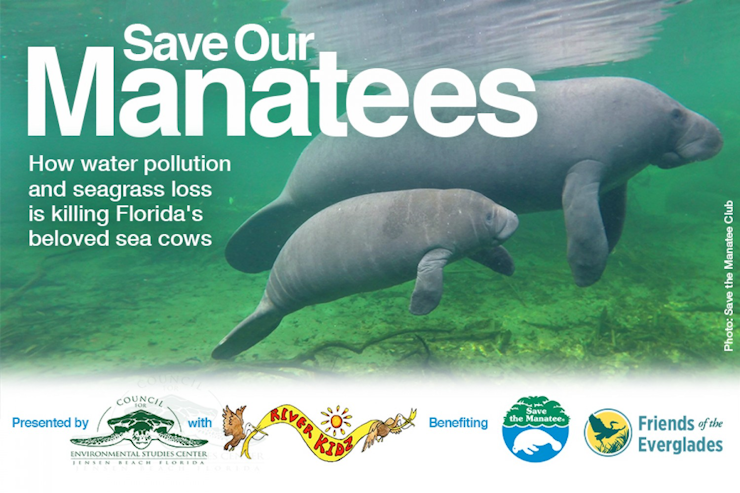Plastic pollution in Florida
The incineration or conversion of plastic waste into fuel is not an accepted form of recycling. At least 30% of plastic packaging sold or used in the state must be recyclable by 2028, a proportion which must be at least 65% by January 1, 2032.
Florida has passed legislation to dramatically reduce non-recyclable plastic packaging and expanded polystyrene within ten years, an effort that will be up to industry to implement and fund under the legislation.
The text, which only awaits the signature of Governor Ron DeSantis to come into force, stipulates that at least 30% of plastic packaging sold or used in Florida must be recyclable by 2028, a proportion which must be at least 65% by January 1, 2032. The incineration or conversion of this waste into fuel is not part of the forms of recycling allowed.
The law also tackles the pollution of expanded polystyrene food packaging, frequently used in the United States in take-out restaurants for cups or dishes. Unless producers are able to prove that at least 25% of this packaging is recyclable by 2025, it will no longer be able to be used in the state at all.
For environmentalists, this goal is impossible to achieve, which for them amounts to a de facto ban on polystyrene food packaging. This is the most demanding legislation in the country for the reduction of plastic waste, welcomed the environmental NGO The Nature Conservancy.
In Ft Lauderdale and Flrida in general, a wealthy state that wants to be at the forefront of environmental protection, about 85% of plastic waste escapes recycling and ends up in landfills. In 2021, this rate was only 5% for the whole of the United States.
The new Floridian law does not just lay down rules for recycling, it makes manufacturers directly responsible for the implementation and financing of these measures. Reducing plastic pollution at the source will at the same time reduce emissions into the air and water and reduce the plastic dumped in our oceans, wrote the NGO Oceana on Twitter. Companies or entities that do not comply with this law are liable to fines of $50,000 per day.
The cost of renting a dumpster in Ft. Lauderdale
This new law may increase the usage of dumpster rental, as they can be used to send plastic waste to the nearest local recycling facility.
The cost of renting a dumpster in Ft. Lauderdale can vary depending on factors such as the dumpster size, rental duration, type of waste, and the rental company you choose. On average, for a standard 10 to 15 cubic yard dumpster, you might anticipate a cost ranging from $250 to $450 for a week-long rental. If you require a larger dumpster, such as a 20 to 30 cubic yard option, the cost could range from $350 to $600 or more for the same rental period.
It’s important to note that additional charges could apply if you exceed weight limits, extend the rental period, or need to dispose of hazardous materials. To ensure transparency, inquire with your local government about any potential extra fees upfront.
Since different dumpster rental and waste management providers in Ft. Lauderdale offer various pricing structures, it’s wise to obtain quotes from multiple companies. Reading customer reviews can help you select a reputable company known for transparent pricing and dependable service.
The cost of renting a dumpster in Ft. Lauderdale depends on factors like dumpster size, rental duration, waste type, and the chosen rental company (check this website for more details). Prices can vary from a few hundred dollars for smaller dumpsters to several hundred dollars for larger ones. Thorough research and comparison will enable you to find a suitable and cost-effective dumpster rental solution for your specific needs.

